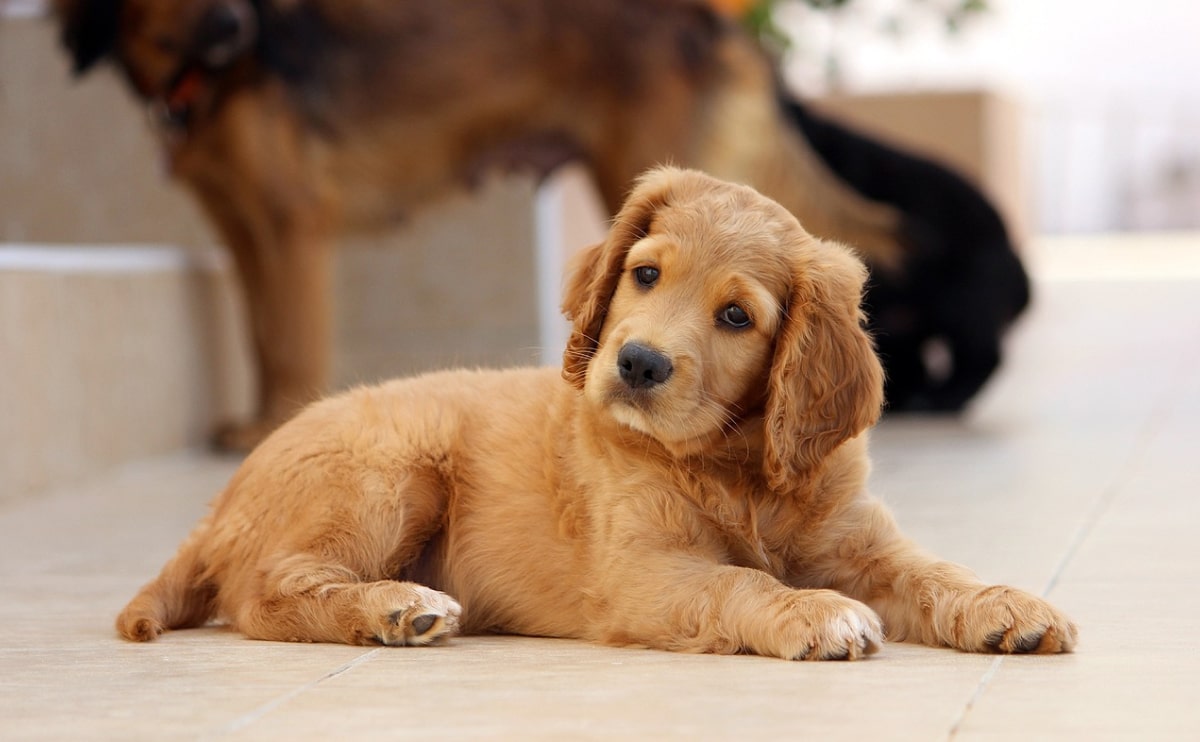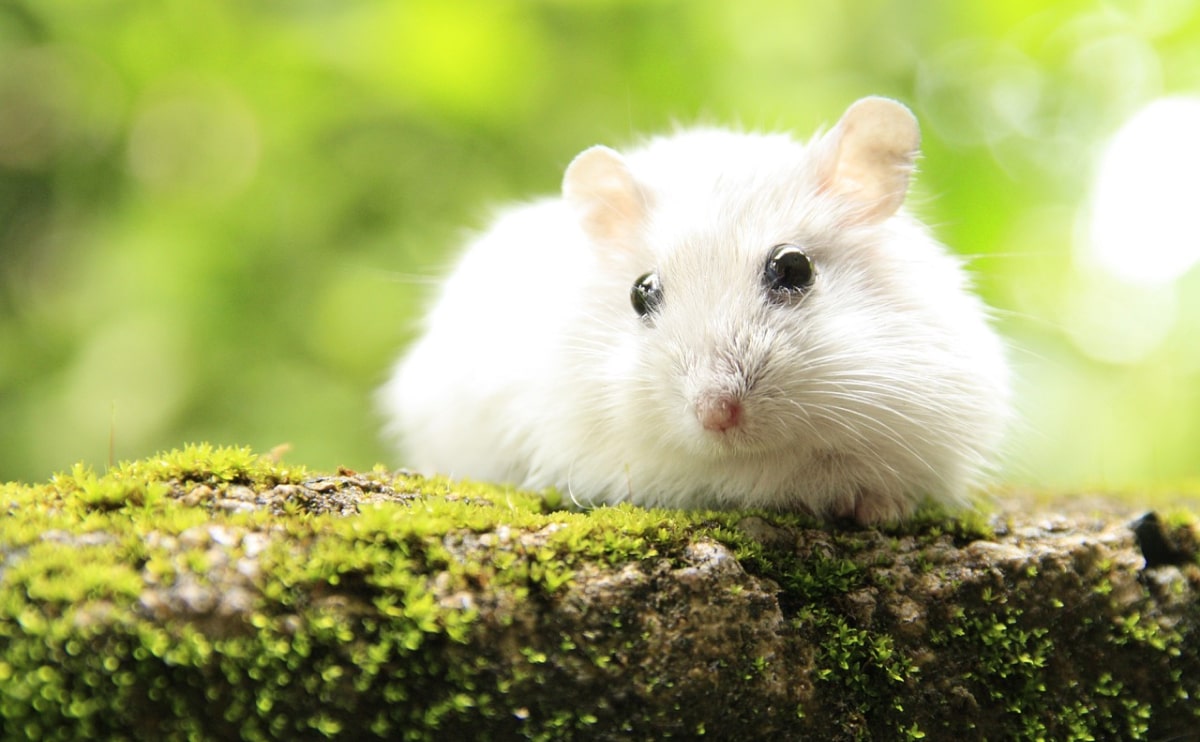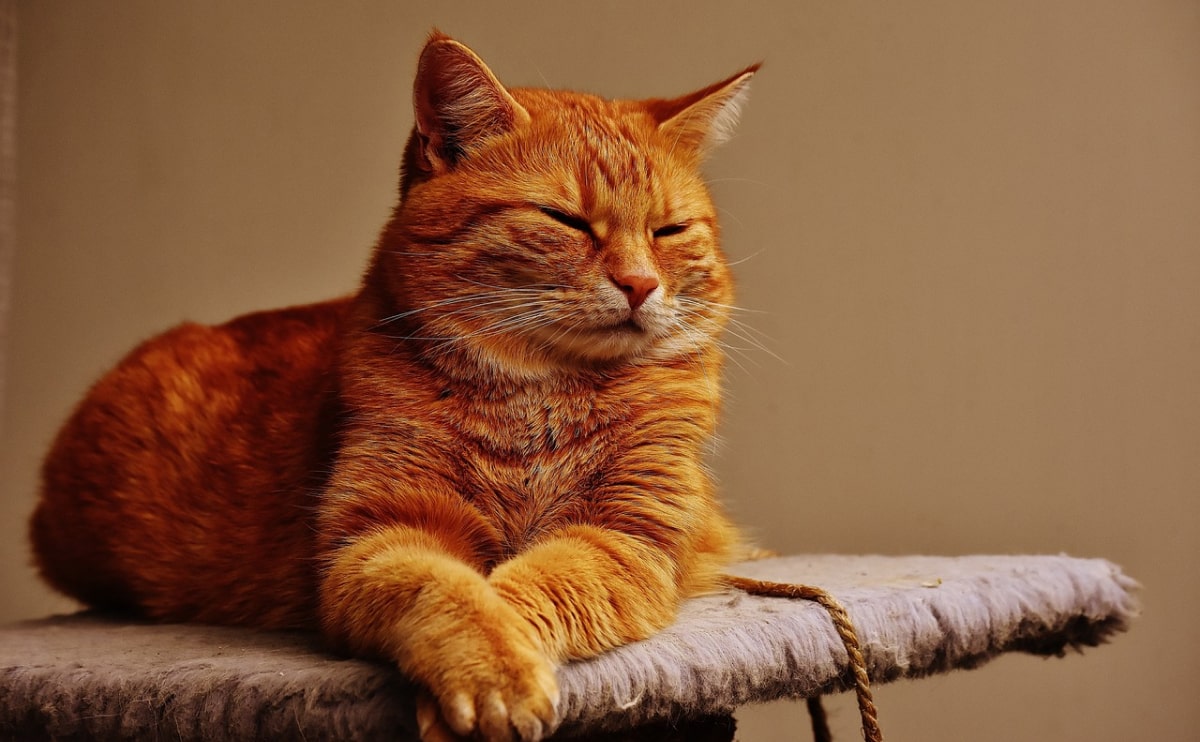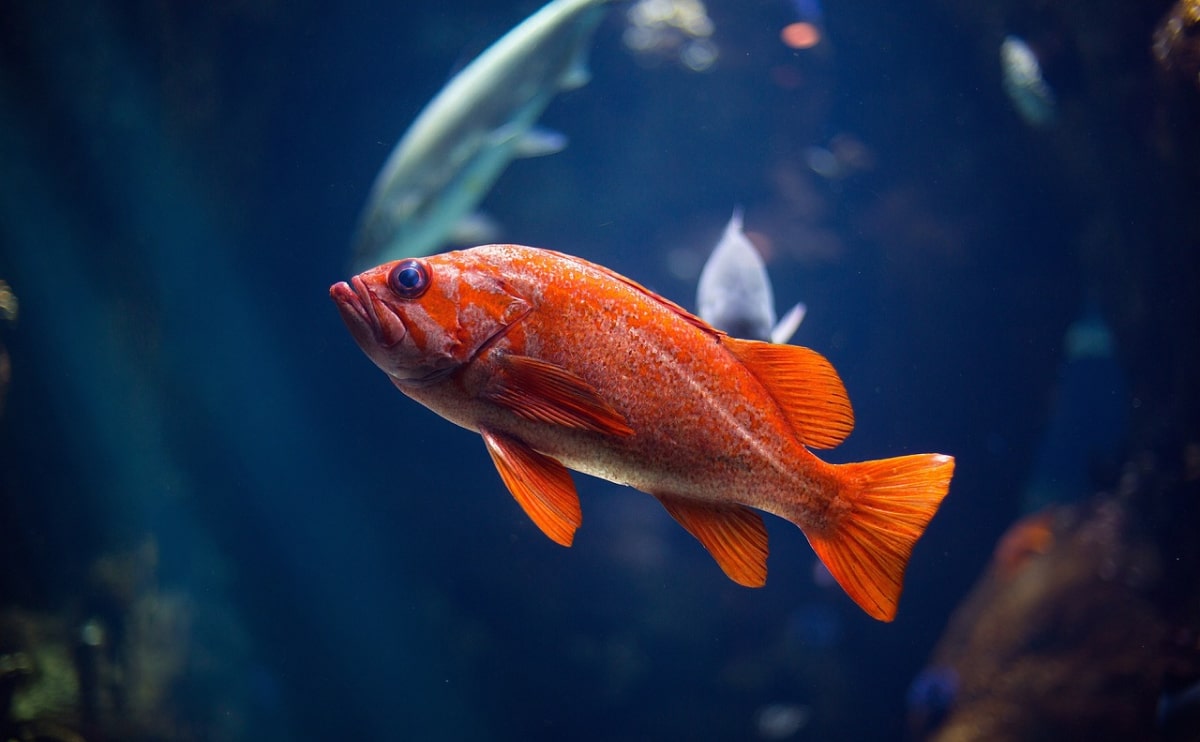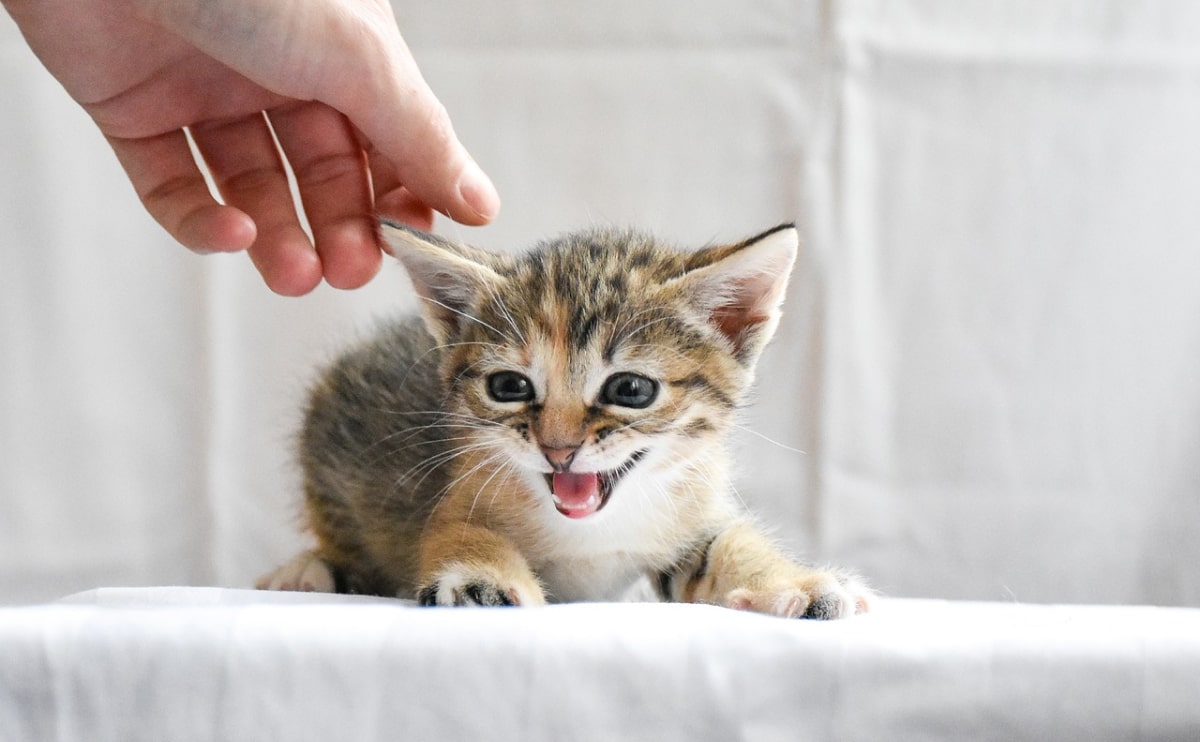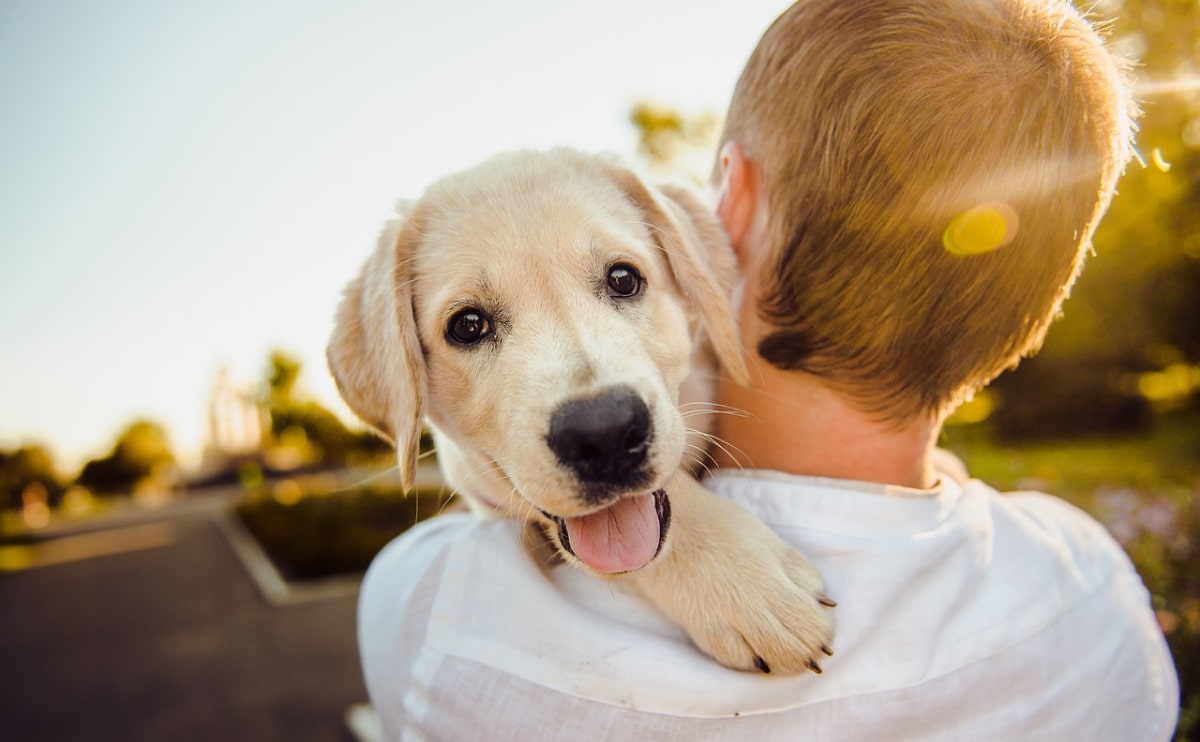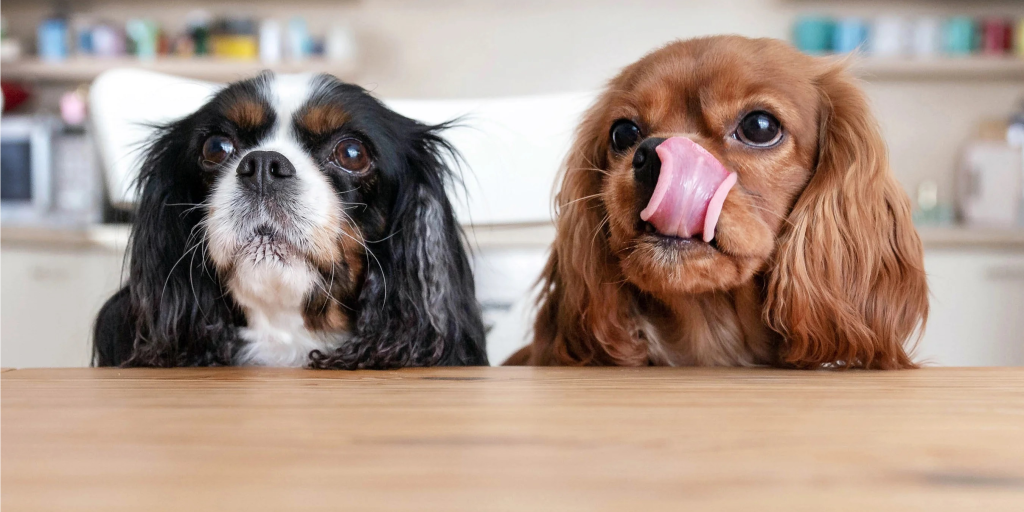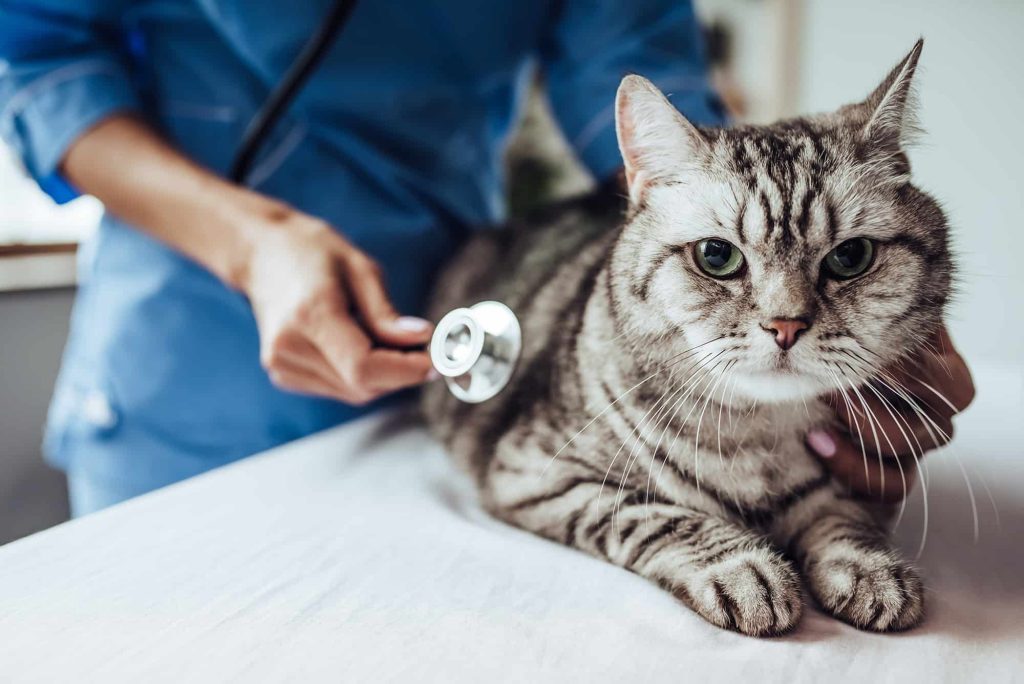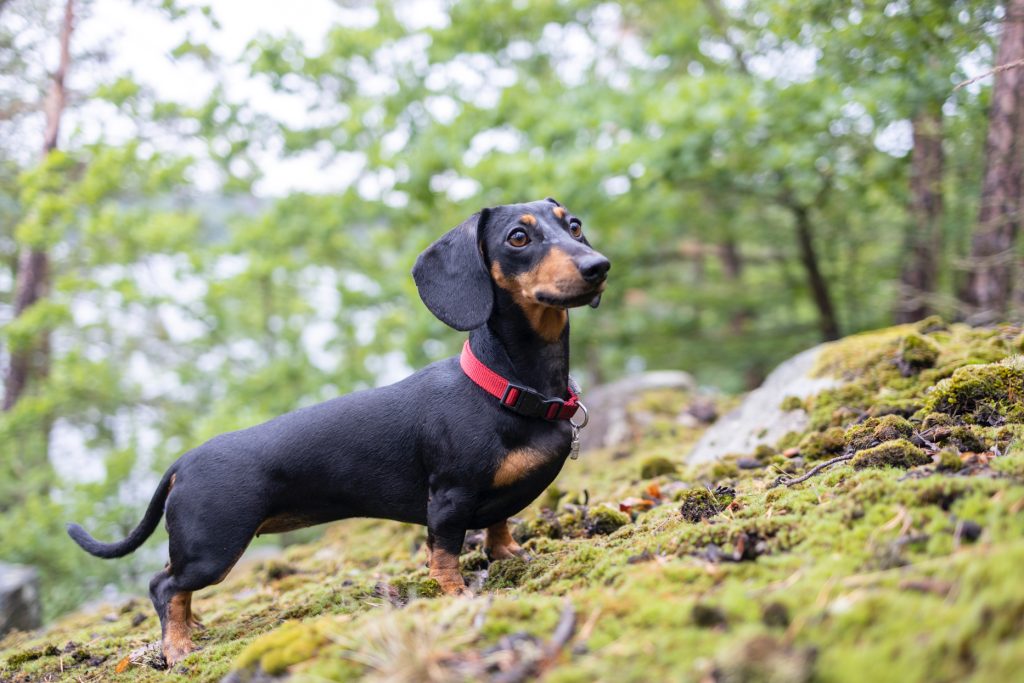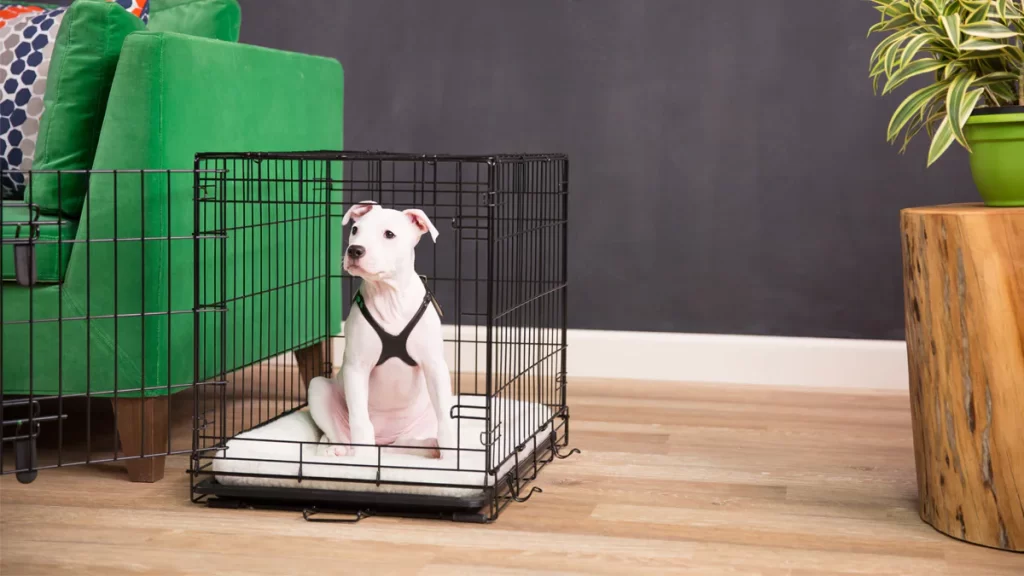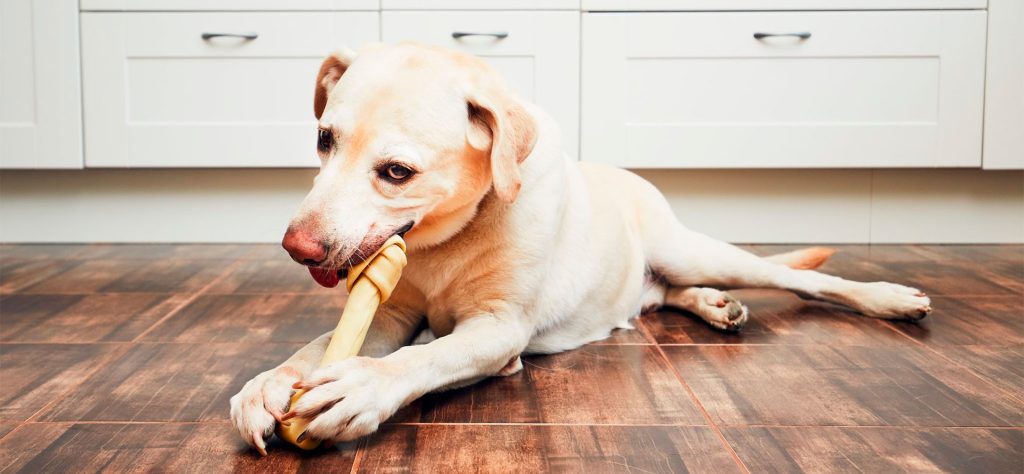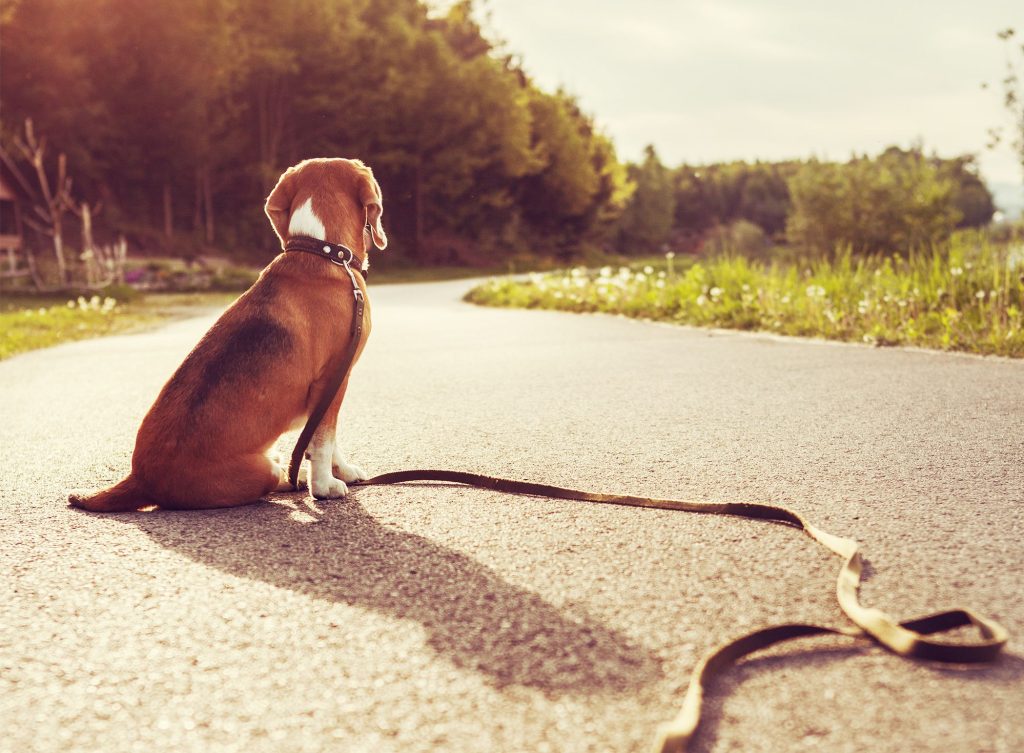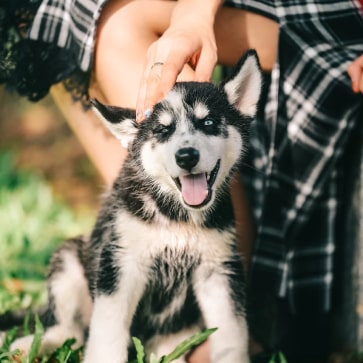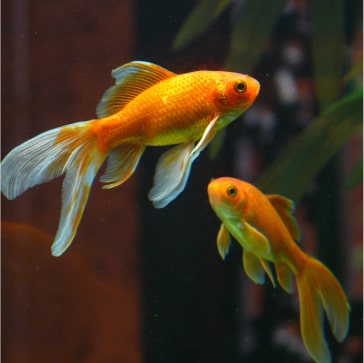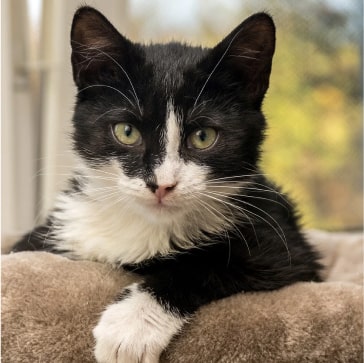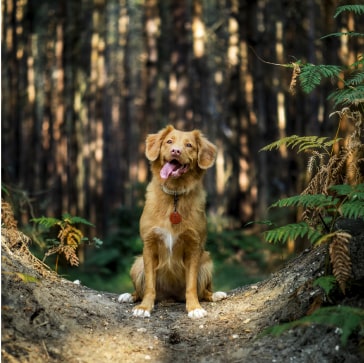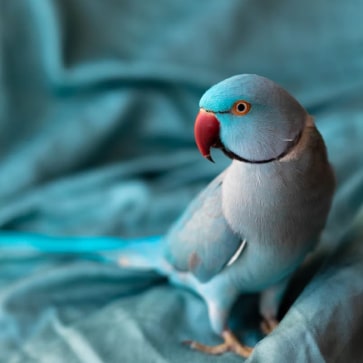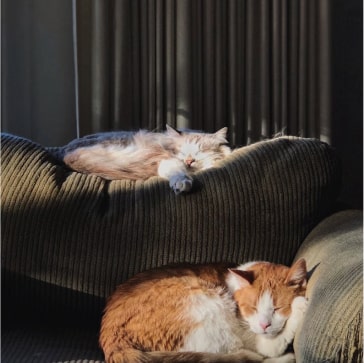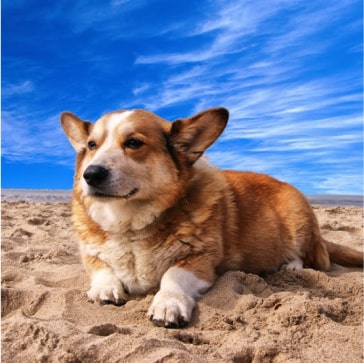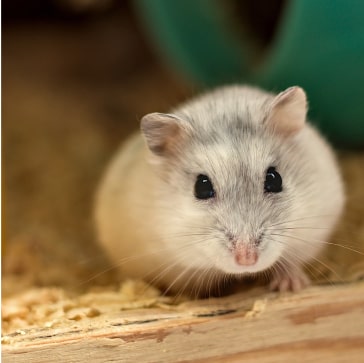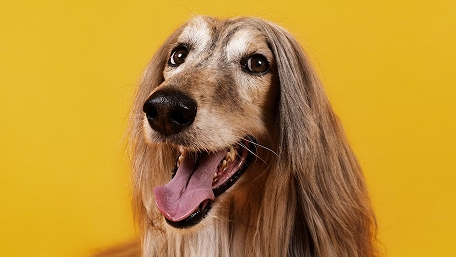Blog
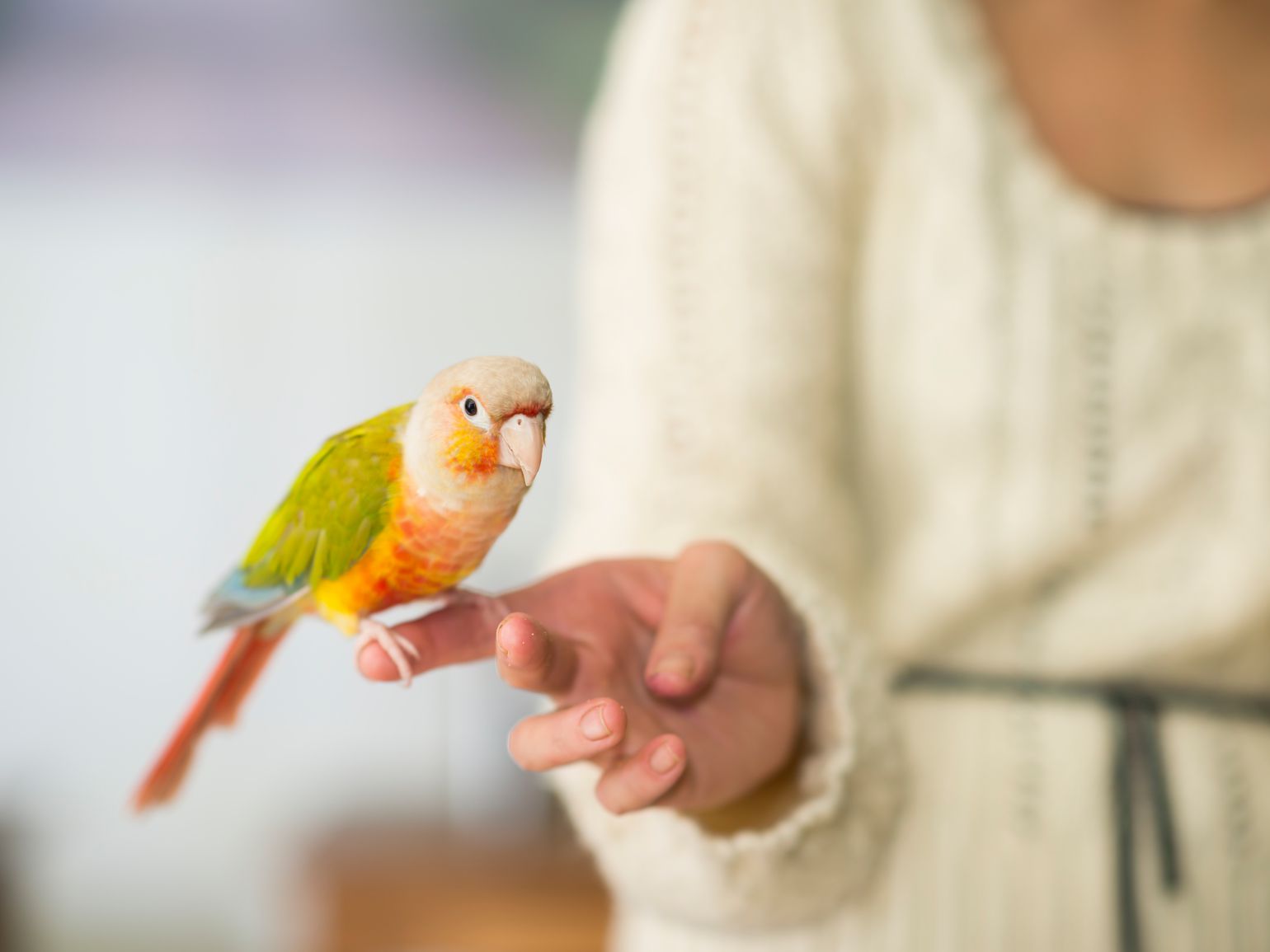
The Fundamentals of Bird Ownership
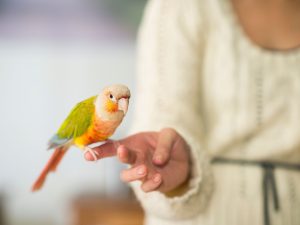
Have you chosen to get a feathery companion? Or do you just want to know whether you’re taking care of the bird you currently have, i.e., if you’re providing the requirements for its health and happiness? Some people believe that caring for a bird involves nothing more than a cage and some bread crumbs; they couldn’t be more incorrect.
What Are the Fundamentals of Bird Care?
Providing proper care for a bird involves far more work. However, we can tell you it is really rewarding! Birds are delicate animals that need the same level of care as infants. Fortunately, proper care for a bird is rather simple. Here is what you need and why you need it for that.
Cage
A birdcage should be constructed from a non-toxic, durable material that is simple to clean and has no sharp protrusions that might damage your bird. It should be large enough to allow your bird to completely expand its wings and tall enough to accommodate its lengthy tails. The general guideline is that a birdcage should be large.
You may choose to acquire two cages: a larger cage where the pet will spend the most of its time, and a smaller cage for travel or visits to the veterinarian.
Cage Liners
There are no special requirements for this component. The use of newspaper, cage liner paper, or paper towels will suffice. Paper liners would allow you to monitor your bird’s droppings for any health issues, and they are very simple to clean.
Perch
A perch is essential for the comfort of your bird. It should be sufficiently broad so that the bird’s toes do not overlap. You may purchase a bird perch from a pet shop, or you can create one by connecting two branches to either side of the cage using a tiny bracket or bare wire. Nevertheless, you must check that the wood is chemical-free and non-toxic.
Place the perch distant from the food and water bowls to prevent the bird from overeating or drinking.
Food
There are meals designed specifically for birds. These are often in pellet form. This sort of food may be purchased at any nearby pet shop. In addition to fresh or dried fruits and vegetables, birds may consume nuts, beans, and cooked brown rice.
Do not feed your bird items like onion, garlic, avocado, chocolate, or alcohol, since they are very poisonous to birds.
Food and Water Bowls
Typically, many bird food and water dishes have a perch and ledge for the bird to stand on while eating or drinking. To encourage your bird to try different foods, use a ceramic or metal bowl that is wider than it is deep.
Daily cleaning of these bowls is required. Every every day! You do not want anything to happen to your feathered friend as a consequence of the food or water it consumed.
Toys
Every animal should have at least one toy. Pine cones, rawhide, and soft white pine would be suitable as bird toys. This would aid in maintaining a healthy beak and keep your bird energized and active. Woods such as redwood, cedar, and balsa are hazardous to the health of birds.
Cleaning Supplies
Mild dish soaps may be used to clean the food and water dishes, and diluted white vinegar is an excellent multipurpose cleaner for the cage and toys. If you’re dealing with a really difficult problem on carpets or furniture, a spray bottle of enzyme cleaning can do the work. To clean the cage, only a bottle brush and simple cloths are required.
Which Preventative Steps Should I Take?
No Candles or Fragrances
Your pet may be harmed by scented candles, oil diffusers, air fresheners, and other chemical goods. Why? Birds have incredibly delicate respiratory systems that are often affected by toxins and even cooking odors. If your bird inhales these toxins for an extended period of time, it might die abruptly.
Discuss with your veterinarian how to deodorize your house and the necessary cleaning products.
No Smoking
Cigarette smoke might be hazardous to your bird’s health. If you must smoke, you must do it outdoors and far away from any open windows. After smoking, wash your hands and change your clothes before touching the bird.



